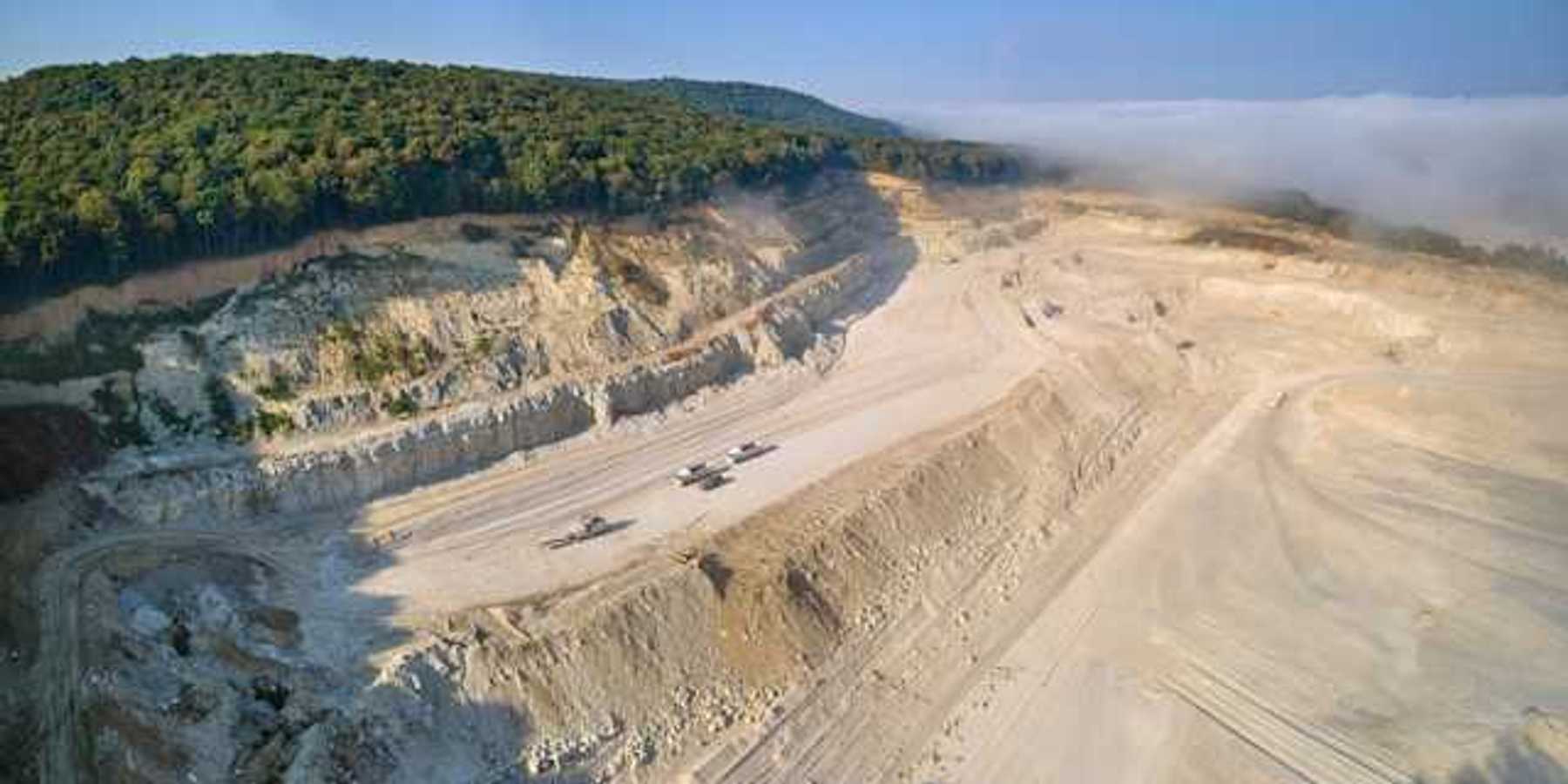Biden's climate incentives face a key test as new Congress debates repeal
The Biden administration's broad clean energy tax credits, designed to encourage diverse industries, face uncertainty as a Republican-led Congress considers eliminating the incentives.
Lisa Friedman and Brad Plumer report for The New York Times.
In short:
- The Inflation Reduction Act introduced “technology neutral” tax credits for low-carbon energy projects like nuclear, wind, geothermal and advanced batteries.
- These credits, projected to cost $250 billion over 10 years, aim to cut U.S. power sector emissions by up to 73% by 2035.
- Critics argue the tax incentives are expensive and could make the power grid less reliable, while supporters highlight significant investments in clean energy across Republican-led states.
Key quote:
“These policies are nothing short of an energy moon shot.”
— Wally Adeyemo, deputy U.S. Department of Treasury secretary
Why this matters:
The outcome of the tax credit debate could shape U.S. climate policy and clean energy development for decades. Investments in clean technology have surged since the law's passage, affecting job growth and energy infrastructure in key districts. Cutting these incentives could slow progress toward decarbonization and increase energy costs.
Related: Upper-income households capture most Biden energy tax credits













